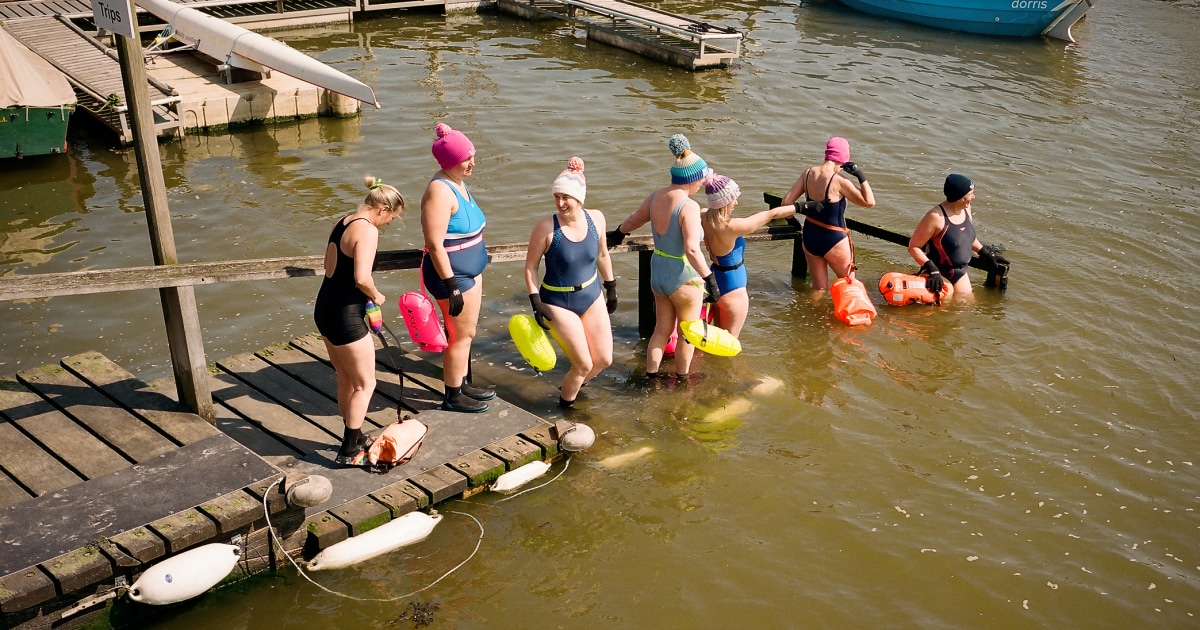
Outrage over the state of the country’s waterways and the perceived impunity of private sewage companies that are dumping untreated sewage into rivers and the ocean are piling pressure on the government of Prime Minister Rishi Sunak for seeming to lack the political will to stem the flow of filthy water.
The cleanliness of the U.K.’s waterways ranks at the bottom of lists of European countries. In 2020, the last year Britain voluntarily submitted data to the European Environment Agency, it ranked worst for bathing water quality.
The Deben is a case in point. Data from an environmental charity, The Rivers Trust, last year showed that sewage had spilled into the river at multiple points near Woodbridge and that one sewage storm overflow — a relief valve when a system is at risk of being overwhelmed — spilled into the river 33 times in 2022. At another, less than a mile downstream, sewage spilled into the river for 19 hours in the same period.
Discharging sewage — which often contains human waste, E. coli, sanitary products and wipes, among other debris — during heavy rainfall periods is legal, although it is illegal to do it when there is no rain.
The Environment Agency and the Water Services Regulation Authority, or Ofwat, a regulator, launched the largest criminal investigation into potential widespread breaches of environmental permit conditions at wastewater treatment plants run by water and sewage companies in November 2021.
While the investigation inches forward, people still have to deal with ongoing sewage spillage. In Woodbridge, volunteers test the waters, taking water samples and screening them for E. coli.
“It’s on all of us as a community to help support the river,” Sonds said.
Anglian Water, the company responsible for water supply and sewage treatment in the area, told NBC News in a statement last month that it was not able to comment while an Environment Agency investigation into bathing water quality in the area continued. Still, the company, one of five rated as requiring improvement in an Environment Agency report for 2022, has pledged to upgrade two nearby sewage plants by 2030.
Privatized monopolies
“The beginning of the decline in effective regulation of our water industry” came after Margaret Thatcher’s Conservative government privatized nationally owned water authorities in England and Wales in 1989, said Tessa Wardley, a spokesperson for The Rivers Trust, a charity and umbrella organization for 60 organizations throughout the country.
Twenty years later, under a left-of-center Labour Party government, water companies were given permission to self-report and monitor their own sewage discharges. Since they took power in 2010, successive Conservative governments have cut the Environment Agency’s environmental protection grant from 170 million pounds ($207 million) in 2009-10 to 155 million pounds ($189 million) in 2021-22, according to the agency, having dropped it to 94.3 million pounds ($115 million) the previous year.
Because of those budget cuts, the number of inspectors has fallen and oversight has decreased, said Alan Smith, a water industry consultant who served on the boards of several English water companies.






